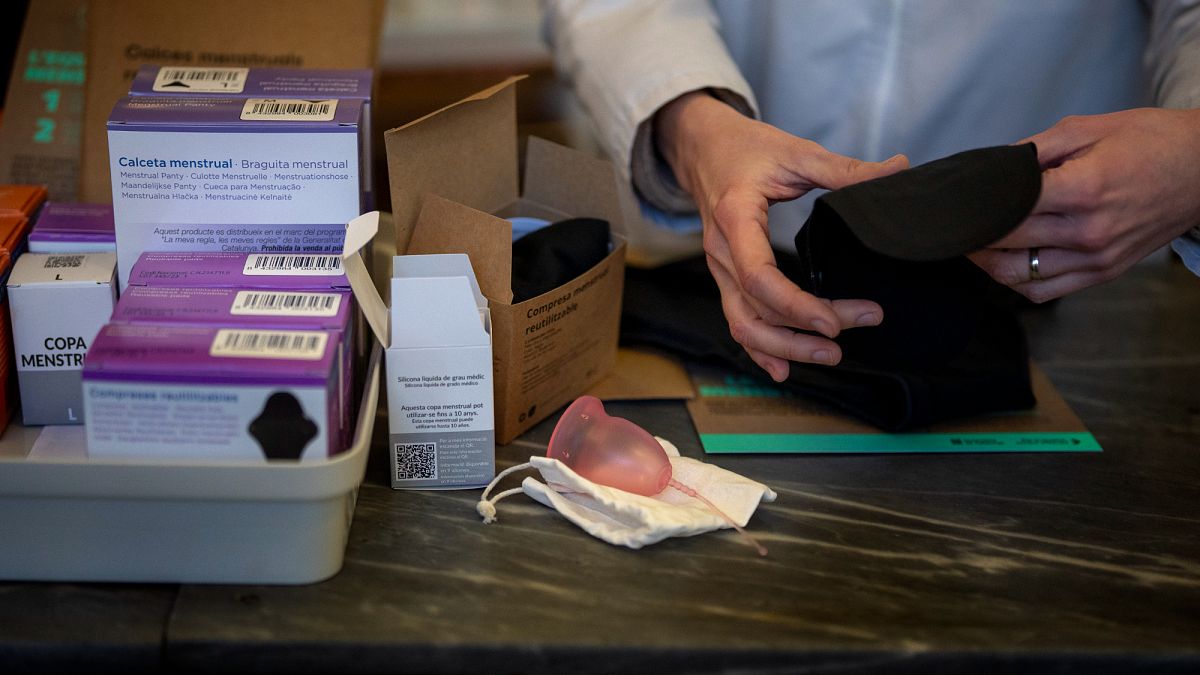

Amid various health-related discussions, several recent studies and reports provide intriguing insights into issues surrounding chemical exposure, emotional health, infectious diseases, and policies affecting preventive health care. Each of these topics offers a unique perspective on the challenges and advancements within the health sector, emphasizing the importance of continued awareness and education.
Recent research has highlighted concerns regarding the presence of ‘forever chemicals’ in reusable menstrual products. These products, including underwear and pads, have shown elevated levels of PFAS, a class of chemicals with potential health risks due to their persistence in the environment and the human body. While the exact health impacts are still under investigation, this discovery raises important questions about product safety and the need for stringent regulations to ensure consumer health. It underscores the vital responsibility manufacturers hold in testing and transparently reporting the use of such substances.
Parallelly, a fascinating study delves into the phenomenon of dying from a broken heart, scientifically known as stress-induced cardiomyopathy or ‘broken heart syndrome.’ It reveals that individuals experiencing intense and prolonged grief may face a heightened risk of mortality within ten years of losing a loved one. Though the condition remains rare, the findings accentuate the significant influence of emotional health on overall well-being. They also highlight the crucial need for compassionate support systems and accessible mental health resources to help individuals navigate through profound grief.
On a more hopeful note, advancements in hepatitis treatment provide a beacon of hope for many, as illustrated by individuals like David Clune, whose life was transformed by medical breakthroughs. Despite these successes, a recent report indicates that numerous individuals remain unaware of the risks or face barriers to accessing necessary care. This situation calls for increased awareness campaigns and the removal of obstacles to healthcare access, ensuring that innovative treatments can benefit everyone without restrictions.
In the realm of preventive health policy, a potential restructuring of the US Preventive Services Task Force has sparked concern among medical professionals. Reports suggest that Robert F. Kennedy Jr. plans to revamp this panel, which plays a crucial role in recommending preventive measures, including cancer screenings, to align with insurance coverage. The American Medical Association has voiced its deep concerns over these changes, emphasizing the importance of maintaining a science-based approach to preventive health services, which ultimately plays a critical role in early disease detection and improved health outcomes. Dialogue and collaboration among policymakers, healthcare professionals, and the public will be essential in navigating these proposed changes.
In summary, the ongoing discussions and studies across various health sectors highlight the intricate interplay between chemical safety, emotional and physical health, and policy-making. Each area presents opportunities for growth, understanding, and improvement, underscoring the necessity for informed decisions and actions to enhance public health and well-being. By fostering an atmosphere of continuous learning and adaptation, society can effectively address these challenges and embrace the positive potential these developments hold.
Source: {link}
